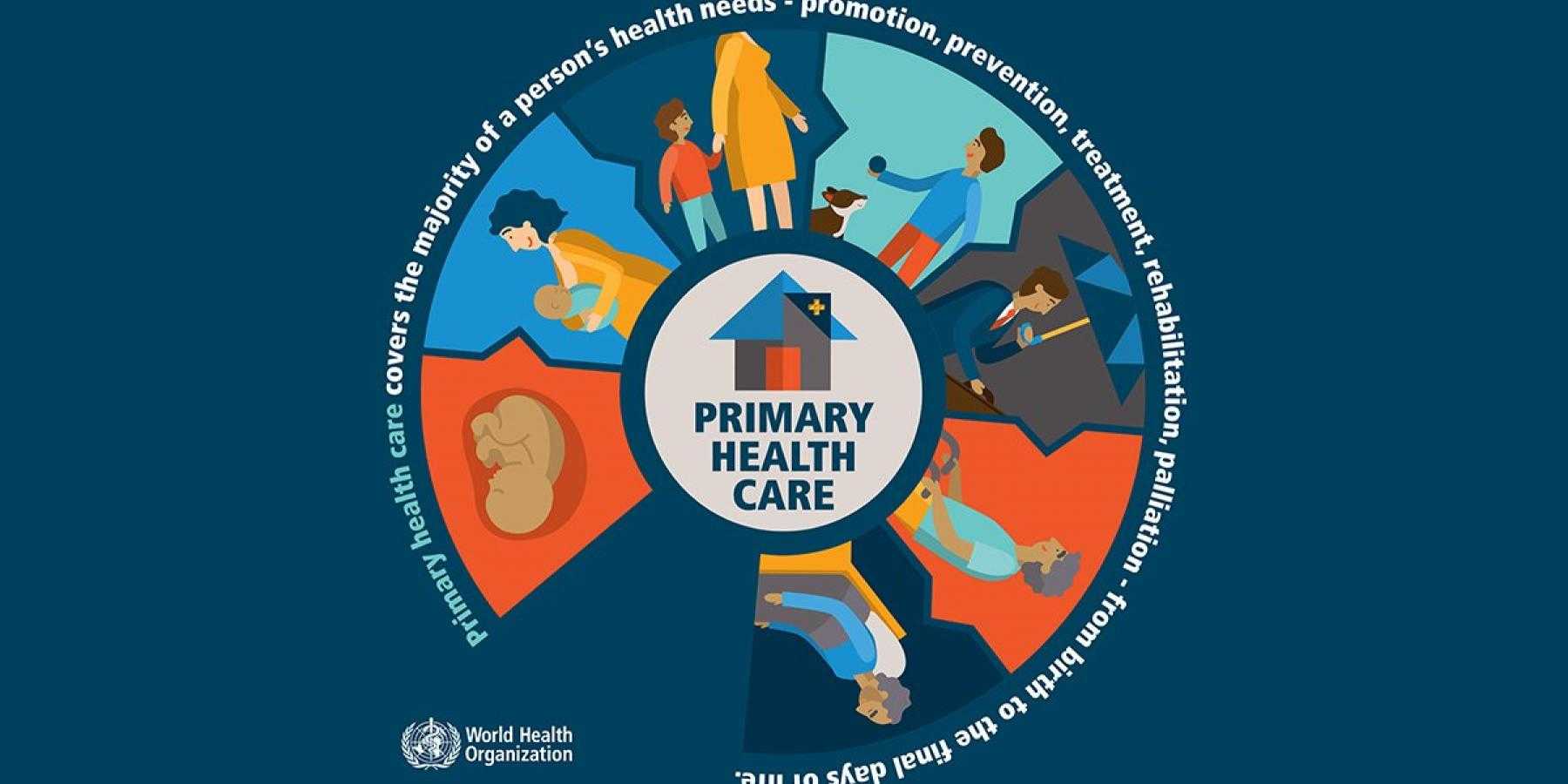Primary healthcare plays a crucial role in promoting and maintaining the health and well-being of individuals and communities. Here are some key reasons why primary healthcare is important:
Accessible and Affordable Care:
Primary healthcare serves as the first point of contact for individuals seeking healthcare services. It is typically provided in community settings and is easily accessible to people of all socio-economic backgrounds. Primary healthcare focuses on prevention, early detection, and management of common health issues, ensuring that essential healthcare is available and affordable for everyone.
Holistic Approach:
Primary healthcare takes a holistic approach to healthcare by considering the physical, mental, and social aspects of a person’s well-being. It addresses a wide range of health concerns, including preventive care, chronic disease management, acute illnesses, mental health support, and health promotion. By considering the whole person, primary healthcare providers can offer comprehensive and personalized care.
Continuity of Care:
Primary healthcare provides continuous and long-term care to individuals. It establishes a trusted relationship between patients and healthcare providers, allowing for ongoing monitoring, early intervention, and coordination of healthcare services. This continuity is particularly valuable in managing chronic conditions, promoting healthy behaviors, and ensuring appropriate follow-up care.
Preventive Care and Health Promotion:
Primary healthcare places a strong emphasis on preventive care and health promotion. It focuses on disease prevention, immunizations, health screenings, and lifestyle modifications to reduce the risk of developing chronic illnesses. By identifying risk factors early on and providing education on healthy living, primary healthcare contributes to reducing the burden of preventable diseases and improving overall population health.
Coordination and Referral:
Primary healthcare serves as a coordinator of care within the healthcare system. Primary care providers collaborate with specialists, hospitals, and other healthcare professionals to ensure that patients receive the appropriate and timely care they need. They facilitate referrals to specialized care when necessary and help patients navigate the complex healthcare system, promoting effective and efficient healthcare delivery.
Cost-Effectiveness:
Primary healthcare is considered a cost-effective approach to healthcare delivery. By focusing on preventive care, early intervention, and managing health issues at an early stage, primary healthcare reduces the need for expensive hospitalizations, emergency room visits, and intensive treatments. It helps contain healthcare costs while ensuring that resources are utilized efficiently.
Health Equity and Community Engagement:
Primary healthcare plays a vital role in addressing health disparities and promoting health equity. By being accessible to all individuals, regardless of their background or socio-economic status, primary healthcare helps bridge gaps in healthcare access and outcomes. It also engages with communities, raises health awareness, and actively involves individuals in their own care, leading to improved health outcomes and community empowerment.
In summary, primary healthcare is essential for promoting health, preventing diseases, and providing comprehensive and continuous care to individuals and communities. By focusing on accessibility, prevention, coordination, and health equity, primary healthcare lays the foundation for a healthier society.





